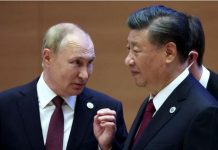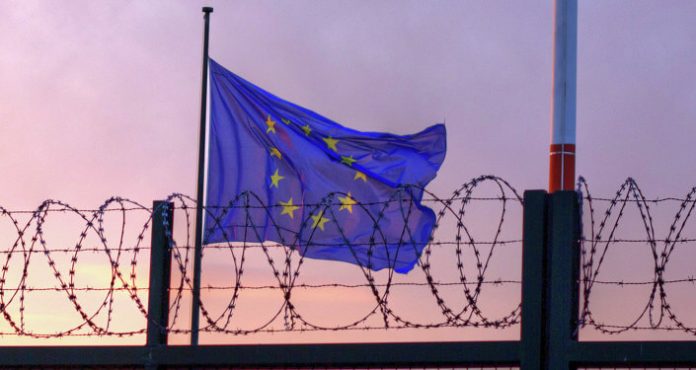Austrian chancellor Karl Nehammer will maintain a veto against allowing Romania and Bulgaria into the Schengen zone.
Bucharest says it will sue at the CJEU (Court of Justice of the European Union).
In a recent interview, the Austrian chancellor justified his country’s ongoing veto citing concerns over the influx of illegal immigrants. Bucharest considers this an unfounded and fabricated argument, as it does not share a border with Austria, and illegal migrants routes do not pass Romania.
On September 13, the chief of the European Commission, Ursula von der Leyen, said that Bulgaria and Romania have proven that they belong in the Schengen area, and should be accepted without further delay. EU institutions have also advocated for their membership.
The EU Cooperation and Verification Mechanism (CVM), which targeted problems over judicial reforms and the struggle against corruption, recently ended after 16 years. However, Vienna’s position has not changed.
In response, the Romanian government said it may file a lawsuit against Austria at the European Court of Justice in Strasbourg. a process that could take two years.
Romania’s failure to get into Schengen means some Romanians feel deceived and believe they are being treated like second-class citizens.
There are some concerns that the populist AUR party are speculating people’s disillusionment to foment anti-EU and anti-Western sentiments.
In Romania, Austria is frequently called “Moscow’s Trojan horse.” People cite Vienna’s dependence on Russian gas calculating that Austria has earned significantly more from Russia than it has spent on aid to Ukraine since the Russian invasion.
Two Romanian MEPs, Eugen Tomac and Vlad Botoș, have demanded an investigation into Austria’s compliance with sanctions against Russia.
Austria’s imports from Russia rose by 252% in 2022 compared to 2019), while its imports from the EU fell. This was despite the European Union’s policy of dramatically limiting economic links with Russia to prevent backing Russia’s war against Ukraine.
















